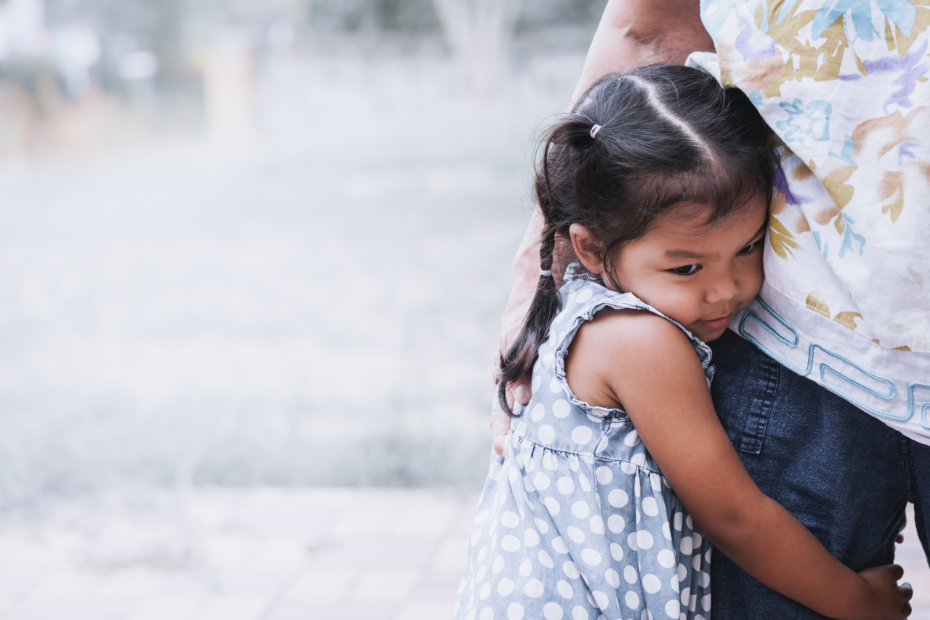Anxiety is more often encountered in children. This is manifested in several types, so you have to be careful about the behavior and changes of the children.
What is anxiety?
Anxiety is a mental illness that affects the quality of life of any person. In some cases it manifests as an emotion that appears in response to a situation in which we feel danger or threat, which is why we can feel anxiety at any moment in our lives. If we do not take measures to treat it, it can worsen very quickly and can affect our health.
Ways to Detect Anxiety in Children:
Fear. It occurs when negative thoughts predominate in their anxiety. Have you ever had your child ask you “What if …”, or in some cases you notice that he or she is overly concerned that something might happen to their parents or someone close to them.
Dependent. Children who become very addicted and generate excessive attachment behaviors, for the same factor we had previously. They look for a figure to feel protected, for example, taking care of their parents.
Children attract attention. When children are constantly trying to get attention, this may be the first sign of anxiety that can sometimes be confused with attention deficit disorder.
Restlessness. Children who have many movements of the body may suffer from anxiety, or it may be linked to gastric problems or headaches.
Why can anxiety occur in children? There are 3 main factors that can trigger anxiety in children:
Separation anxiety. Any child can suffer when separated from their parents or loved one. The most common indicators are crying, panic in the face of separation or hanging someone, some of these situations can arouse feelings for the child, such as, for example, that parents they do not return home and therefore give up unwanted behaviors. to go to school and you don’t want to sleep alone.
Social phobia. These situations are encountered when children have social difficulties, for example when they are afraid to speak loudly in class, or when they are afraid to make friends, when they are afraid to engage in cultural activities, etc. In general, when children encounter these difficulties, they experience a great deal of anxiety, generally because of the fear of doing something that makes them feel sad.
Generalized anxiety disorders, GAD. In these cases, children should be taken to specialist doctors, as they suffer from a more delicate disorder. If you do not go to the doctors, children can be seriously affected by their life. Children may have sleep disorders, muscle pain due to the tension they generate on their body or irritability.
